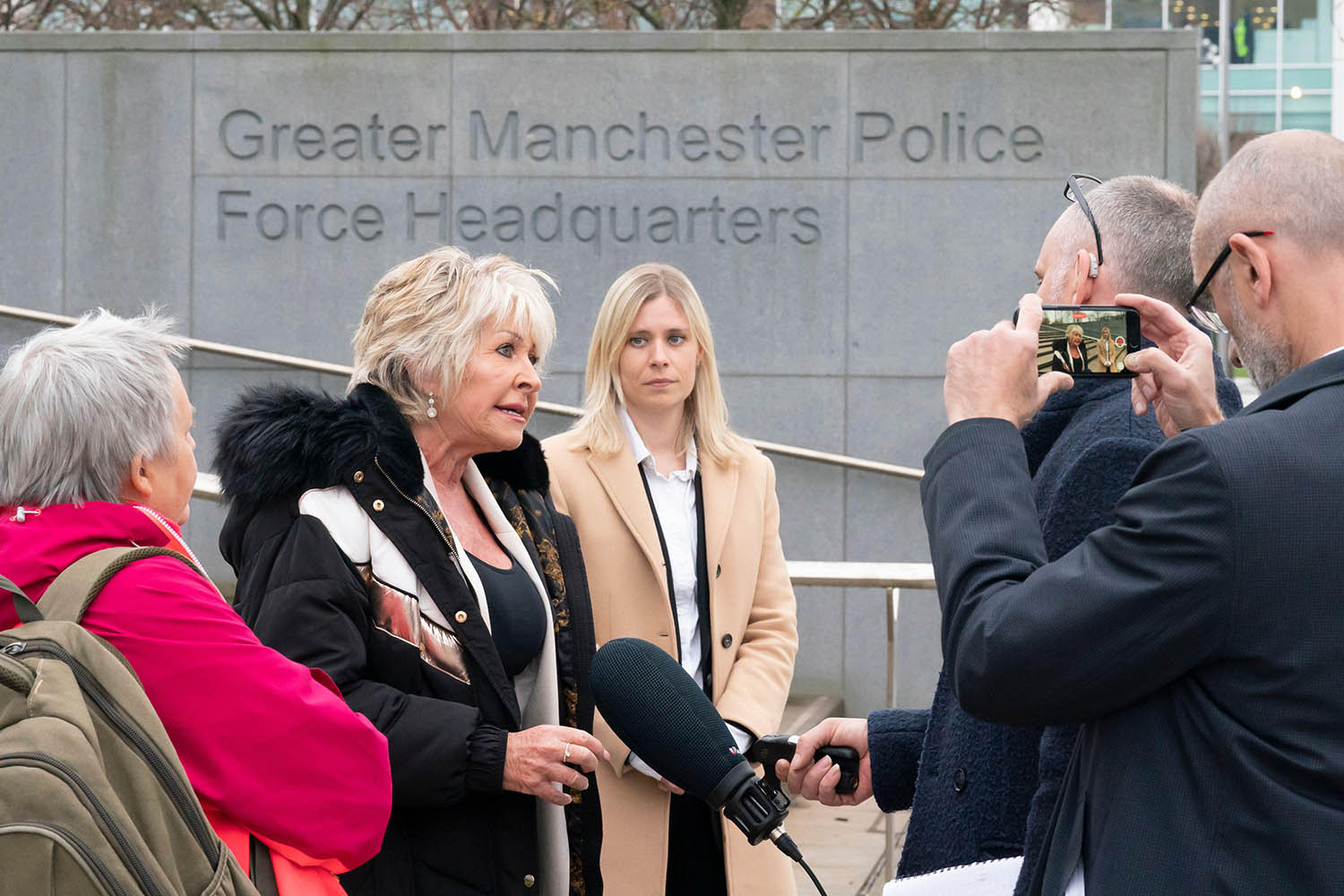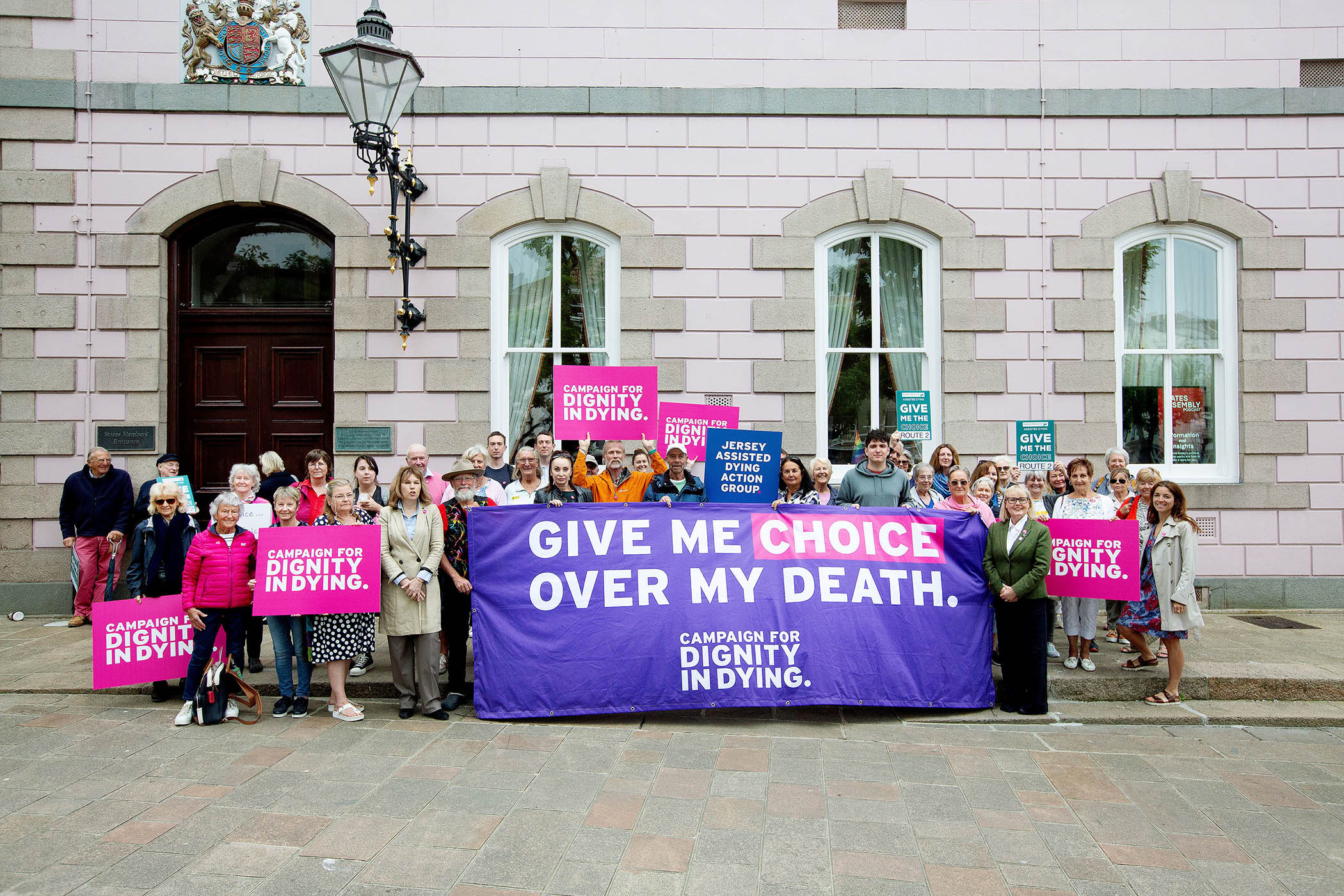Institutional cover-ups are rife. You might even say they are a rule. Again and again, in very different organisations, wherever we find serious harm we almost always find large numbers of people choosing to conceal it. The Post Office scandal, the infected blood scandal, the Hillsborough disaster, the Shrewsbury maternity and Mid Staffs hospital scandals, Grenfell, Windrush, sexual abuse by priests and celebrities, poisoned water, police brutality – first comes the scandal and then, inevitably, the cover-up. It is in fact the rare person who does not collude, ignore or shy away from the problem: we call these people whistleblowers, the startling exception to what we might call the “cover-up rule”.
Yet we have a strange capacity to be surprised by the cover-up rule. “How on earth could this happen?” we ask, every single time. What is wrong with this particular institution, that made it so uniquely despicable? How is it that it happened to contain so many evil people all at once? We tend to conclude it must be a result of one of two things: unusually malign characters, or unusually dysfunctional systems, lacking proper channels to report wrongdoing or hold people to account. We set to work trying to root each of these out.
We are going through exactly this psychological process when it comes to the grooming gangs scandal: the cover-up of sexual abuse by gangs largely of Asian ethnic heritage in England and Wales. It involved police, members of the council, social workers and government officials. For more than 20 years after the alarm was raised, it was concealed: reports were whitewashed or went unpublished, journalism blocked, blind eyes turned. These cover-ups were then themselves covered up.
Amid the shock and outrage, a new inquiry is to take place, in order to identify the systems and bad actors responsible. Will it identify the underlying problem? It is not a guarantee. The flaws in the system are already well known. Britain’s swelling number of national inquiries are growing longer and more painstaking; on average they now take 1,212 days, up from 656 in 1990. They are poor deterrents for future wrongdoing, tending to focus on systems and “lessons to learn” rather than holding people to account. And afterwards, suggestions are not always acted on. None of the 20 recommendations made by a previous seven-year inquiry into child sexual abuse – led by Prof Alexis Jay – were enacted by the former government.
But there might be a deeper problem with our approach to these cover-up scandals. Complicity is so common that you might say it is a feature of human nature, rather than of rogue institutions or particularly terrible people. Preventing it is therefore extremely difficult. Could it be that in treating these incidents as the shocking exception, rather than the rule, we end up assuming reform is easier than it is?
Take our efforts with the NHS, which has been through repeated attempts to make it more accountable, transparent and friendly to whistleblowers. This week, Wes Streeting accused it of a “culture of cover-up” after repeated ignored complaints left a woman permanently disabled. Tackling this culture, he said, would be a focus of his upcoming 10-year heath plan. But this is a familiar pledge. Matt Hancock promised the same thing, as did Jeremy Hunt, as did Andrew Lansley. Each health secretary proudly unveiled new accountability mechanisms to prevent future cover-ups. Cover-ups have continued.
This shouldn’t surprise us. There were already procedures in the church for disciplining priests during the period when abuses happened. Every corporation has regulatory oversight processes. This has not prevented companies mistreating employees, embezzling pensions, pumping illegal amounts of carbon emissions into the atmosphere, and covering it up afterwards. Accountability mechanisms are useless if people are not prepared to use them in good faith. There are plenty of reasons not to.
Accountability mechanisms are useless if people are not prepared to use them in good faith
Accountability mechanisms are useless if people are not prepared to use them in good faith
In fact, the incentives pushing people towards cover-ups are features of most workplaces – indeed of many social groups. Professionals want to be team players, fit in, trust others, be loyal and please those in authority: these are things essential to the running of any organisation. But they also make it difficult to blow the whistle on colleagues – it might even seem honourable not to. Responsibility is often diffused, which makes it easy for people to rationalise away their part in the process. Many jobs engage us in repeated routine, and habit can dull our capacity to see that anything is wrong in the first place. During the Unocal petroleum spill in California, workers became used to seeing a slightly larger amount of spilled oil each day, so even as the leak became severe they recalibrated it as normal. And when newbies to his office raised concerns about Harvey Weinstein, old hands dismissed them as “naive” – the newbies simply didn’t understand the culture.
This might be why reforms rarely work as intended – they underestimate the extent to which complicity is built in to most institutions. Only an extremely unusual type of culture is likely to prevent it – one in which speaking out against colleagues and bosses is actively encouraged and rewarded: in other words, an upending of every workplace in existence.
Attempts to protect whistleblowers show how difficult this might be to do, despite repeated reforms, these brave people still find their lives destroyed.
Newsletters
Choose the newsletters you want to receive
View more
For information about how The Observer protects your data, read our Privacy Policy
“It cost me everything,” Maggie Oliver, the former detective who blew the whistle on the grooming gangs, said this week. “My career, my home, my income.”
Above: former detective Maggie Oliver (centre) with lawyers Harriet Wistrich (left) and Kate Ellis. Photograph PA/Alamy



